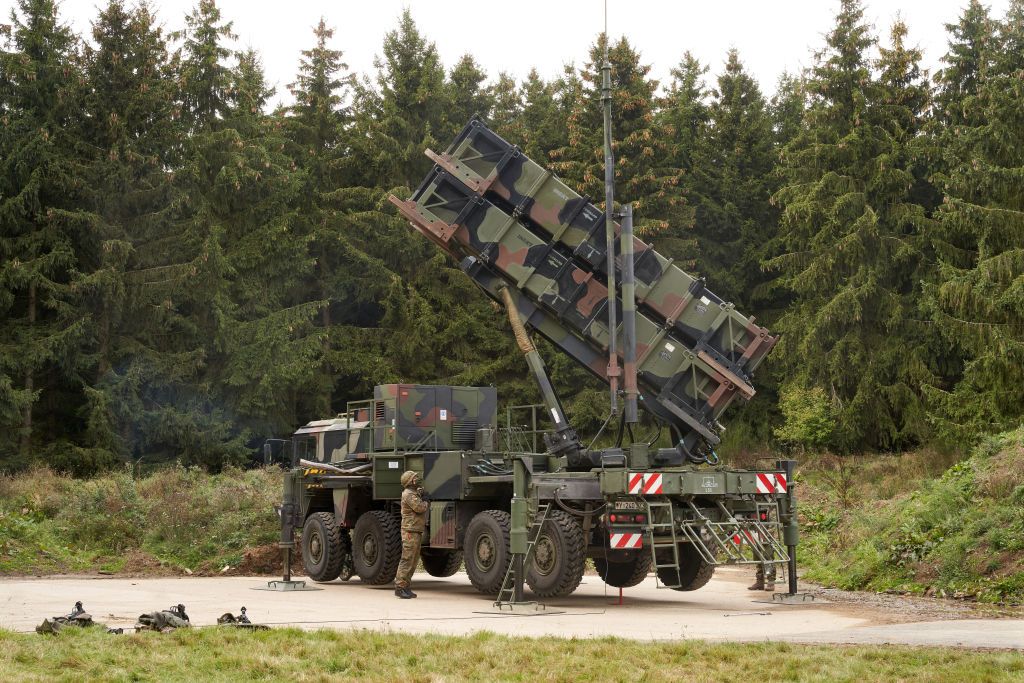Budanov: Renewed Russian offensive expected in late spring, early summer

Kyrylo Budanov, the chief of Ukraine's military intelligence (HUR), said that Ukraine should expect to face a renewed Russian offensive in late spring or early summer, with the offensive intensifying around Ukraine's eastern Donbas region, Budanov told German outlet ARD in an interview published on April 7.
According to Budanov, a potential Russian offensive may target key objectives in Donetsk Oblast. "(Russia) will push a little closer to Chasiv Yar. They will move towards the city of Pokrovsk," Budanov told ARD.
Recently, Russian troops have been focusing their efforts near Chasiv Yar in Donetsk Oblast, which is located about 70 kilometers northwest of the city of Donetsk and about 10 kilometers west of occupited Bakhmut.
According to Ukraine's military, Russia sees the capture of the city as a crucial milestone for further advances westward toward Kostiantynivka, Kramatorsk, and Sloviansk.
During the interview, Budanov called on Western allies to provide more weaponry to fend off any Russian offensives, adding that Ukraine urgently needs "additional amounts of artillery systems, additional amounts of ammunition.” Budanov also reiterated Ukraine's calls for Germany's delivery of Taurus cruise missiles.
Budanov's comments echoed President Volodymyr Zelensky's assessment on March 28 that a renewed major Russian offensive may come at the end of May or in June.
NATO intelligence data has disputed Ukraine's assertions of a renewed offensive, suggesting instead that Russia is unlikely to launch a large-scale offensive in the near future without further large-scale mobilization, a NATO official told European Pravda on April 4 on the condition of anonymity.
Over the past week, a number of media outlets have also reported that Russia may launch a ground offensive against Kharkiv, Ukraine's second-largest city, this year - a report that Ukraine's military dismissed as part of a Russian "psychological operation."
Despite intensified attacks on Kharkiv, Zelensky said that the city is prepared for a potential Russian offensive, adding that "Russians do not hide that (Kharkiv) is a desirable target."












